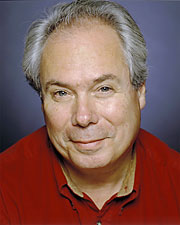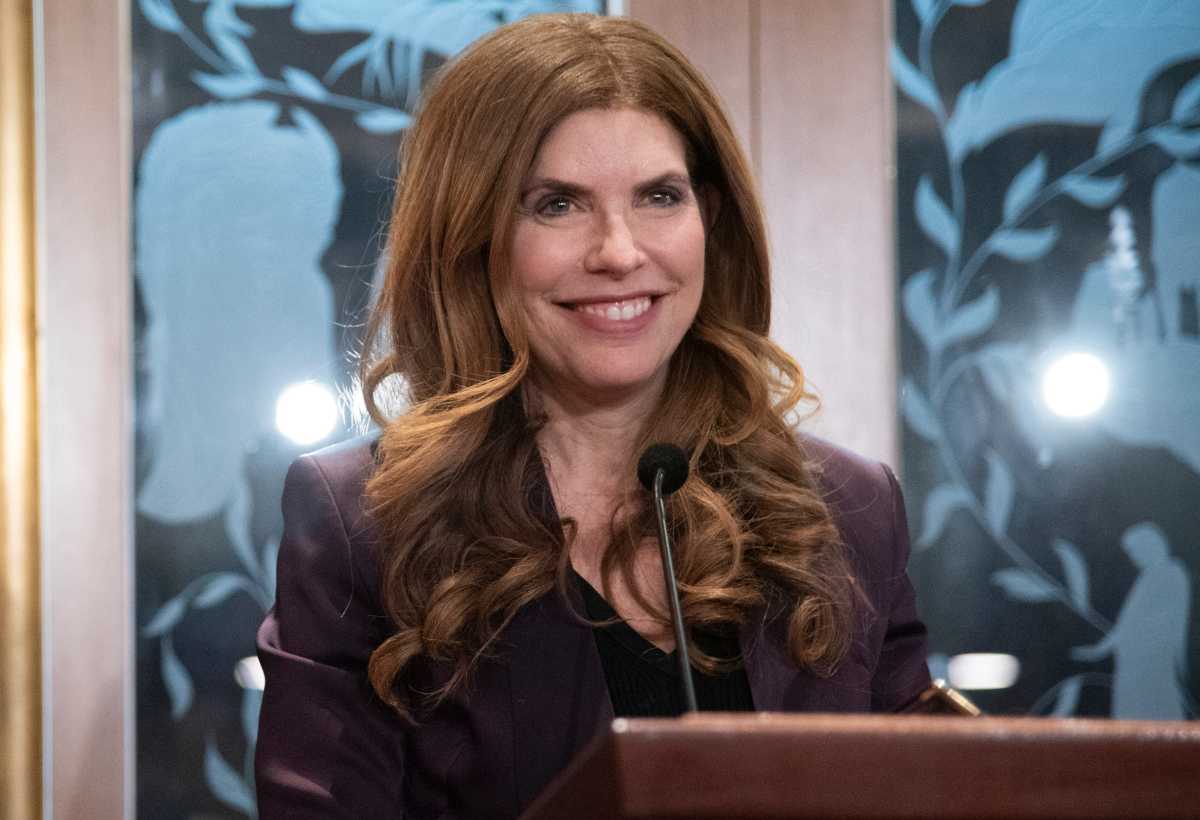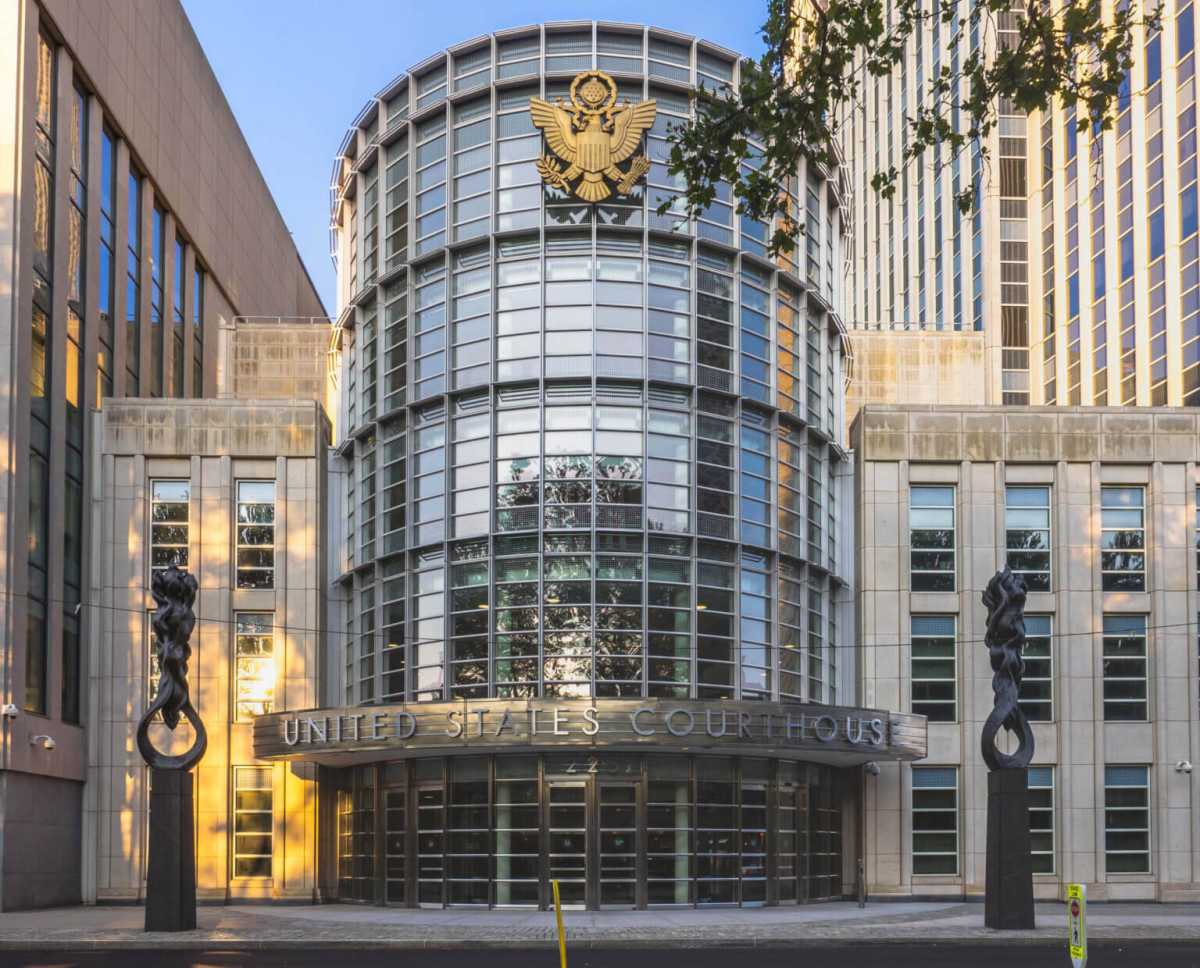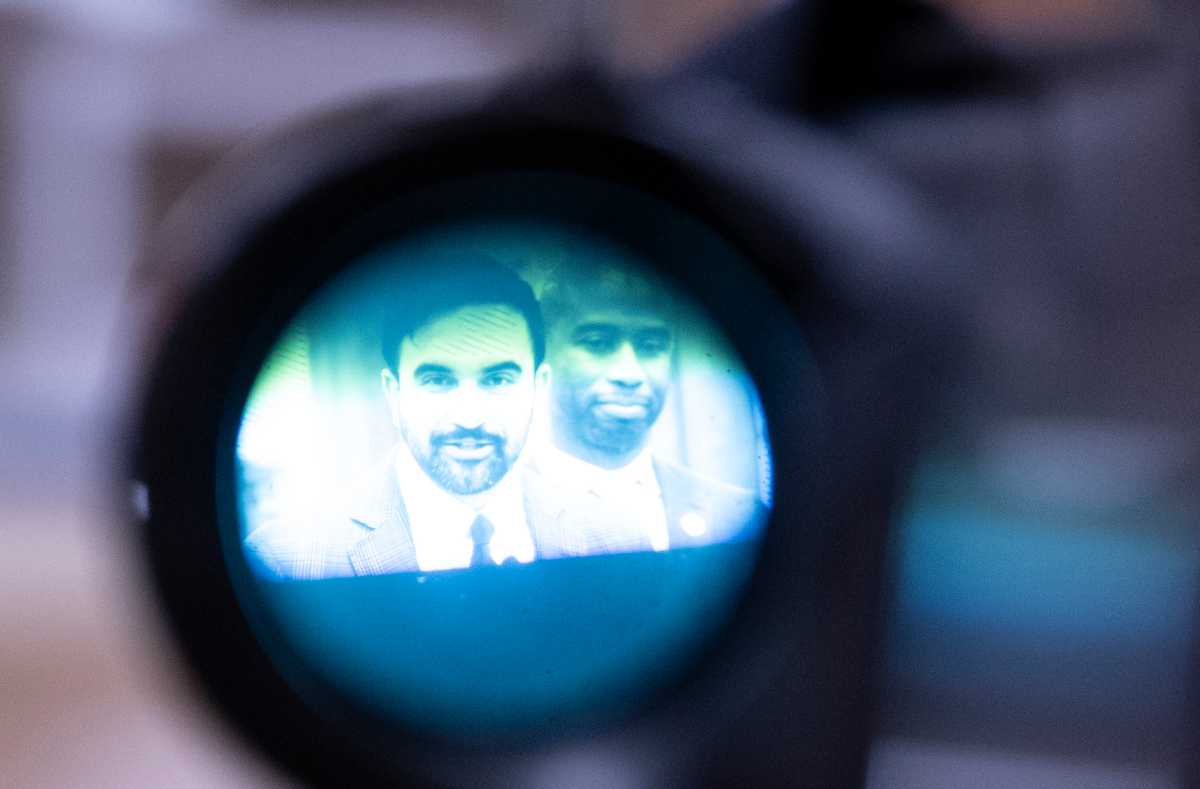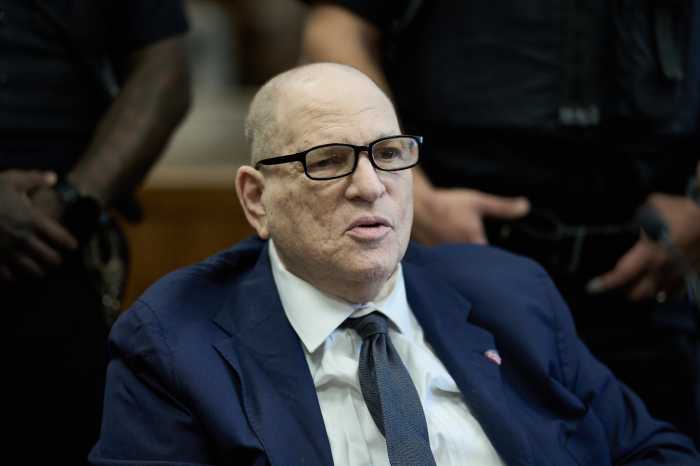Brooklyn Heights resident Tom Robbins is used to writing stories as a reporter for The Village Voice, but last month, he found himself in a metaphysical conundrum — he became an unwilling player in a story he was covering.
Robbins delivered the “knockout punch” to District Attorney Charles Hynes’s murder case against former FBI agent Lindley DeVecchio, who was accused of feeding information to murdering mobster Gregory Scarpa. Robbins had the only evidence that would exonerate DeVecchio — two audio tapes from a 1997 interview on which Hynes’s star witness, Linda Schiro, contradicted the testimony she was giving at DeVecchio’s trial.
At the time Robbins interviewed Schiro, he and then–Daily News mob reporter Jerry Capeci promised their source anonymity and that they wouldn’t cooperate with law enforcement. With a man’s life on the line, Robbins broke those promises and wrote about the 10-year-old Schiro interview in the Village Voice — but in doing so, he put his credibility with confidential sources at risk. He spoke to Brooklyn Paper reporter Adam F. Hutton.
Q: Was it exciting or nerve-wracking to be on the other side of a news story?
A: This kind of excitement I can live without. A reporter has got no business being a part of a news story, but sometimes you get dragged in kicking and screaming and that’s what happened here. I had no idea that my tapes were going to be the knockout punch for this case. I didn’t much like being a part of the story, but I didn’t know any way out of it either.
Q: You made a big splash with an interview you did 10 years ago. Did you know when you wrote the story what effect it would have?
A: I was as stunned as anyone else when I appeared before the judge [on Oct. 31] and the prosecutor said he was prepared to drop the case if the tapes confirmed what was in the story. It was one of those “Get me rewrite!” moments. I expected all the reporters to rush out of the room and get on the phone to file their stories. The Daily News described it as a “Perry Mason moment” and I think that’s accurate. It was very surprising to me.
Q: How did you decide to write about the Schiro tapes? You had made promises that you would not publish the information and wouldn’t cooperate with law enforcement. So when you wrote the piece you knew that you were risking credibility with confidential sources.
A: The source in this case had insisted on confidentiality at the time, but then 10 years later, she was testifying in public about the very things she had demanded anonymity on. So she had willingly given up most of her confidentiality before I wrote my piece. But much more than that was when I realized that the whole case against DeVecchio rested on Schiro’s testimony and that I was in possession of the only exonerating information.
Q: You and Capeci were working on a book when you interviewed Schiro. Why didn’t Jerry write the story?
A: I wouldn’t let him come forward. Jerry Capeci is the premier organized crime reporter in New York, and he routinely deals with people who are on the wrong side of the law who commit murders and people who are on the right side of the law who try to catch them. No reporter wants to be on the witness stand in a mob trial because once they’ve got you there, they can ask you anything they want. Taking that into consideration, it would have been much more dangerous for Jerry to take the stand than it was for me.
Q: What is so fascinating to you about gangsters? What is the appeal in writing about them?
A: What has always interested me is where the underworld meets the overworld. I’ve always found it fascinating that mobsters have been able to build political clout in New York City because of their money and power. I find that relationship much more interesting than ordinary mayhem like gambling, violence and prostitution. It’s interesting the way that the mob is tolerated or winked at by politicians and other supposedly legitimate citizens.


